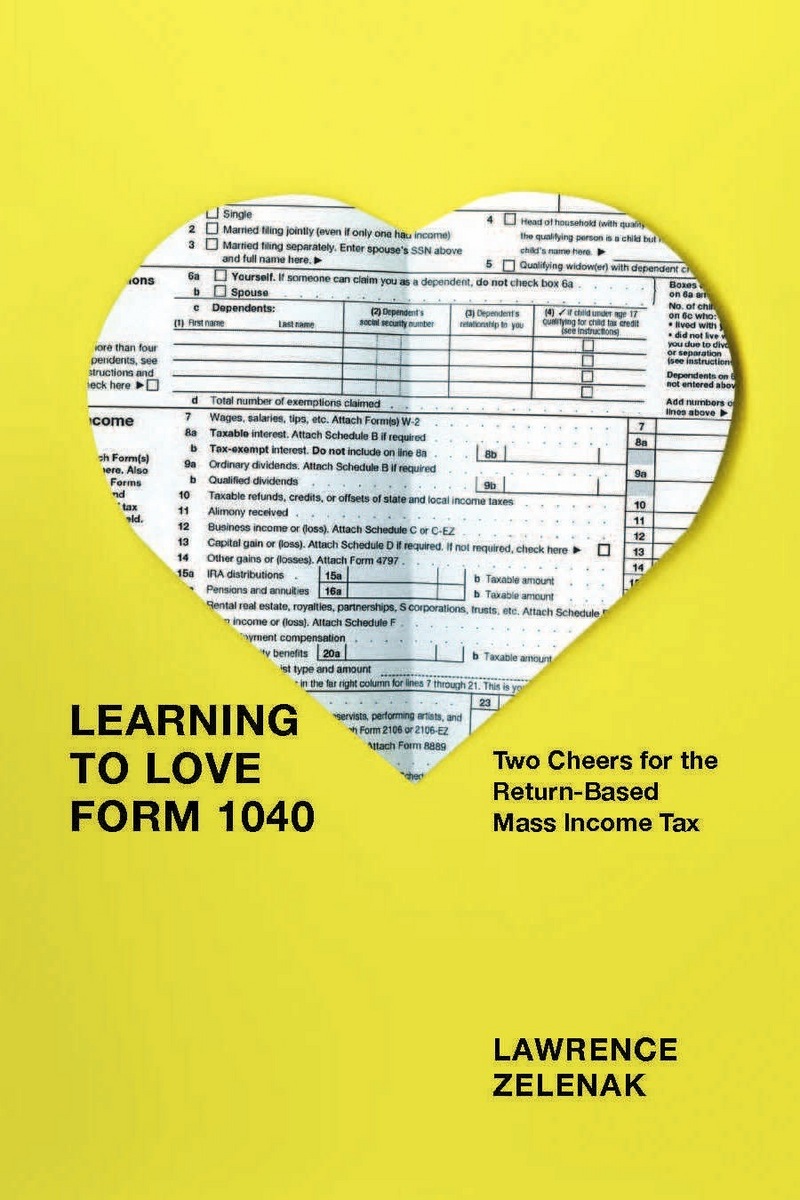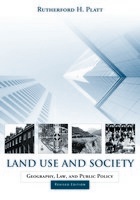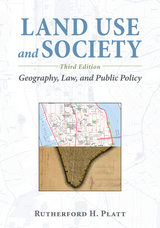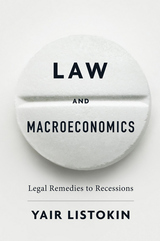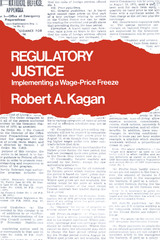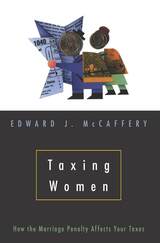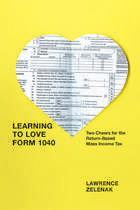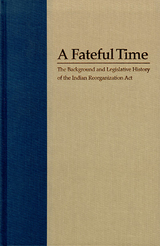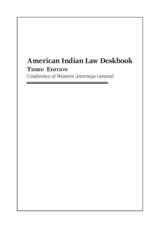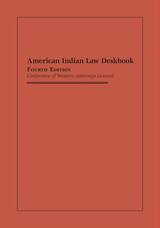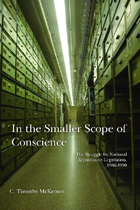Learning to Love Form 1040: Two Cheers for the Return-Based Mass Income Tax
University of Chicago Press, 2013
Cloth: 978-0-226-01892-8 | eISBN: 978-0-226-01908-6
Library of Congress Classification KF6369.85.Z454 2013
Dewey Decimal Classification 336.24150973
Cloth: 978-0-226-01892-8 | eISBN: 978-0-226-01908-6
Library of Congress Classification KF6369.85.Z454 2013
Dewey Decimal Classification 336.24150973
ABOUT THIS BOOK | AUTHOR BIOGRAPHY | REVIEWS | TOC | REQUEST ACCESSIBLE FILE
ABOUT THIS BOOK
No one likes paying taxes, much less the process of filing tax returns. For years, would-be reformers have advocated replacing the return-based mass income tax with a flat tax, federal sales tax, or some combination thereof. Congress itself has commissioned studies on the feasibility of a system of exact withholding. But might the much-maligned return-based taxation method serve an important yet overlooked civic purpose?
In Learning to Love Form 1040, Lawrence Zelenak argues that filing taxes can strengthen fiscal citizenship by prompting taxpayers to reflect on the contract they have with their government and the value—or perceived lack of value—they receive in exchange for their money. Zelenak traces the mass income tax to its origins as a means for raising revenue during World War II. Even then, debates raged over the merits of consumption-based versus income taxation, as well as whether taxes should be withheld from payroll or paid at the time of filing. The result is the income tax system we have today—a system whose maddening complexity, intended to accommodate citizens in widely different circumstances, threatens to outweigh any civic benefits.
If sitcoms and political cartoons are any indication, public understanding of the income tax is badly in need of a corrective. Zelenak clears up some of the most common misconceptions and closes with suggestions for how the current system could be substantially simplified to better serve its civic purpose.
See other books on: Income tax | Law | Learning | Political Economy | Taxation
See other titles from University of Chicago Press
